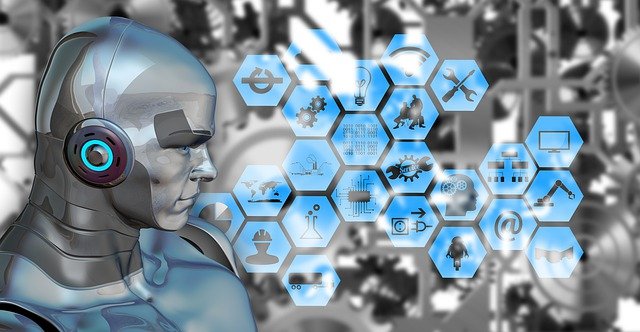In its recently released State of High-Tech 2022 report, the Israel Innovation Authority revealed that the country’s booming technology industry is plagued by an acute shortage of engineers and programmers, a finding that aligns with Israeli State Comptroller Matanyahu Engelman’s report from 2021 which documented 18,500 vacant tech positions in the national high-tech industry. In addition, the Israeli government recently set an ambitious goal of raising the number of employees in the Israeli the high-tech industry to one million – more than double current figures.
However, in such an important national mission, placing emphasis on merely increasing numbers is not enough. In order to maintain its international status as the “Startup Nation” and its socioeconomic resilience in today’s STEM-oriented economy, Israel needs excellent engineers that continue to develop innovative life-changing and life-saving technologies.
For this, it is crucial to consider the entire STEM education continuum (from preschool to higher education) and go beyond simply teaching math and science as class subjects. The focus should be expanded to include the acquisition of skills such as critical thinking and self-learning, technology fundamentals, understanding fundamentals of engineering design as a tool for problem solving, and the ability to view issues with an inter- and multi- disciplinary perspective.
It should be clear then, that to do their part in addressing these challenges, academic institutions need to do more than increase the number of students in technology majors. To strengthen Israel’s resilience, we must strengthen the country’s human capital, and to strengthen the human capital, we must strengthen the educational process that produces employees for the high-tech industry and improve the workforce readiness of new graduates.
Some institutions, such as the Afeka Academic College of Engineering in Tel-Aviv, are actualizing such a plan. While gradually increasing their student body by over 40% over the past five years, Afeka simultaneously began a process of transforming the engineering education they provide their students.
They did this by employing the same engineering design approach commonly applied when developing products in the high-tech industry – an approach found to be functional in educational change management as well. Applying this methodology involves the main principles of engineering design — ask, imagine, plan, create, experiment, and improve.
At Afeka, they began by focusing on the desired product (the “output” of the educational process). As an academic institute, the “product” they sought to generate is an ultimate “graduate profile” — the collection of knowledge, engineering skills, personal skills, attitudes, and values required of a new engineer joining the workforce. Defining a graduate profile prior to making changes to the educational process helps close the skills gap that leads to junior engineers often struggling to secure their first job.
Determining which skills to incorporate in a graduate profile was a process that began with turning to the companies employing engineers. Afeka surveyed hundreds of Israeli high-tech companies, large and small, to determine exactly what skills they value most when hiring new engineers. Comparing their perspective to the existing engineering educational process allowed the institution to formulate the problem. This highlighted four main personal skills that they felt were important for their students to acquire to succeed as engineers: multidisciplinary teamwork, effective communication, self-learning, and critical thinking. These were incorporated into our graduate profile along with scientific and engineering knowledge, engineering skills, languages, ethics, and broad knowledge.
Once they knew which skills they wanted to focus on, Afeka identified the specific characteristics of each skill, putting them into words and then dividing each into three levels of acquisition (beginner, intermediate, and advanced).
Finally, to help the students acquire these skills during their educational process, they incorporated them into courses as learning outcomes and created change-inducing platforms supporting the adaptation of relevant in-class pedagogy and extra-curricular activities that help impart these skills.
I believe that academic institutions have an obligation toward the personal and professional development of each and every one of their students. It is our job to ensure they contribute, not only to industry, but to society as a whole. Skills such as teamwork, communication, self-learning, and critical thinking are crucial for this, and they also contribute to the educational process itself, helping students succeed in their studies and become even better engineers.
Transforming engineering education by first defining desired graduate profiles to serve as a compass while transforming educational processes, has helped maintain the relevance of the education provided to students, while at the time serving the main purpose as an engine for national economic growth by ensuring the workforce readiness of new graduates.
Written by Prof. Ami Moyal, President of Afeka – Tel Aviv Academic College of Engineering, Israel.



